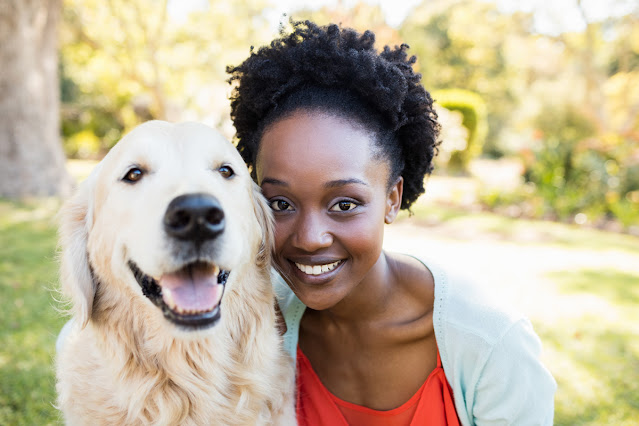An Interview with Dr. Patricia McConnell about The Education of Will

“Individuals who’ve been traumatized have to have a safe space.” Dr. Patricia McConnell speaks about her memoir, The Education of Will. Dr. Patricia McConnell with Skip. Photo: Steve Dahlgren By Zazie Todd, PhD This page contains affiliate links which means I may earn a commission on qualifying purchases at no cost to you. In June, the Animal Book Club read Dr. Patricia McConnell’s book, The Education of Will: Healing a Dog, Facing My Fears, Reclaiming My Life . This is a powerful memoir of trauma and healing that recounts how she came to terms with her own trauma and in the process was able to heal her beloved dog, Willie. Of course, Dr. McConnell is also the author of many long-time favourite dog training books, including The Other End of the Leash and For the Love of a Dog . I had the honour of speaking to Dr. Patricia McConnell about The Education of Will . Zazie: Why did you decide to write this book? Patricia: Oh my! It was originally not going to be a book, actua...







